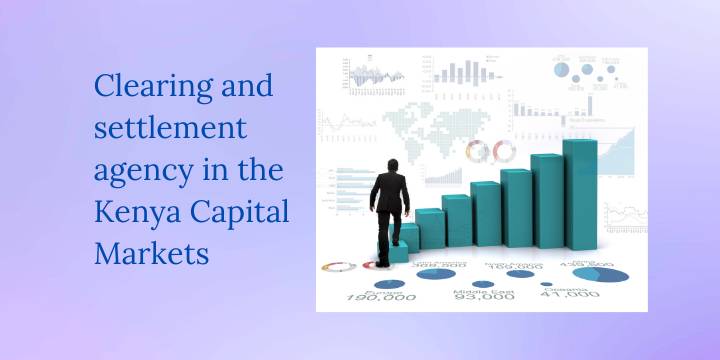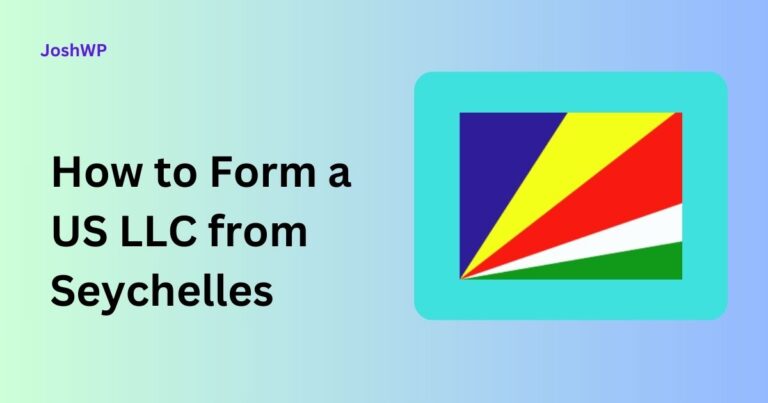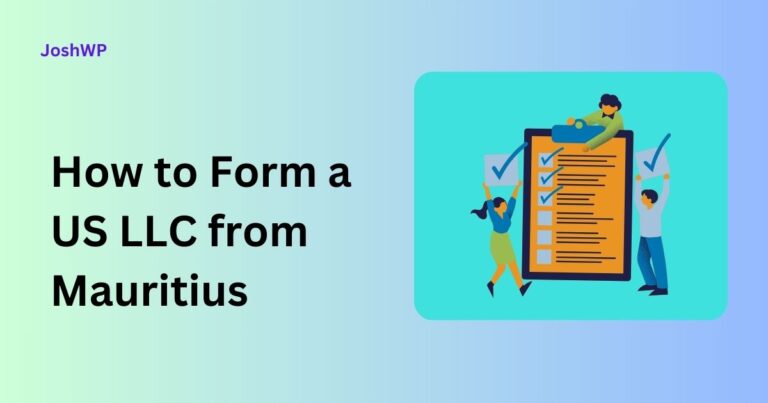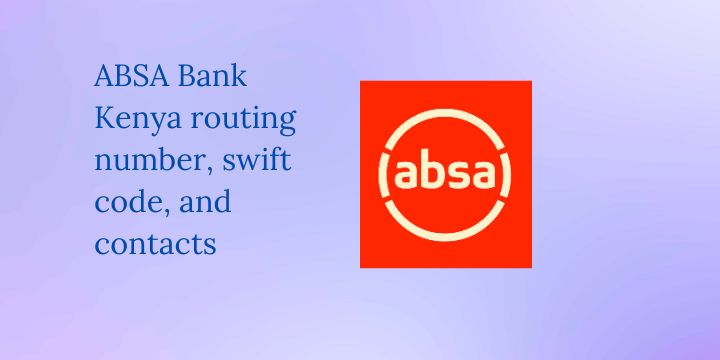Clearing and Settlement Agencies in Kenya’s Capital Markets
Efficient clearing and settlement are the backbone of any robust capital market. In Kenya, a network of specialized institutions ensures that trades in equities, bonds and derivatives execute smoothly and securely. This article explores each major agency, how they work together to settle trades on a T+3 cycle, and what regulatory safeguards protect investors.

Central Depository & Settlement Corporation (CDSC)
Founded in 1996, the Central Depository & Settlement Corporation (CDSC) is the sole central securities depository for Kenyan equities and corporate bonds. Key functions include:
- Central custody of all dematerialized securities
- Clearing: Calculation of net obligations between brokers
- Settlement: Delivery-versus-payment movement of securities and funds on a T+3 basis
- Corporate actions: Automated processing of dividends, rights issues and takeovers
- Securities lending & borrowing: Enabling margin trading and short sales
CDSC’s online portal gives investors real-time access to their Securities Account Statements, boosting transparency and trust.
NSE Clear Limited
A fully-owned subsidiary of the Nairobi Securities Exchange (NSE), NSE Clear specializes in derivatives clearing:
- Guaranteed performance: Acts as central counterparty to eliminate bilateral credit risk
- Margin management: Daily mark-to-market and margin calls to safeguard against default
- Netting: Multilateral offsetting of obligations to reduce settlement volume
By segregating derivatives clearing from equity settlement, NSE Clear delivers focused risk management for futures and options.
Related: Is bitcoin a better investment than stocks?
Central Bank of Kenya (CBK) – KEPSS / RTGS
The Kenya Electronic Payment & Settlement System (KEPSS) is CBK’s Real-Time Gross Settlement (RTGS) platform. It handles:
- High-value interbank transfers in central bank money
- Real-time finality: Funds settle instantly upon debit/credit to participant accounts
- ISO 20022 messaging: Enhanced data standards for interoperability and fraud monitoring
CBK’s KEPSS/RTGS underpins settlement leg of securities trades by moving cash between banks’ settlement accounts.
Kenya Bankers Association (KBA) – Automated Clearing House (ACH)
For low-value, bulk payments, the KBA’s Automated Clearing House (ACH) processes:
- Bulk credit transfers (e.g., payroll, dividends)
- Direct debits (e.g., loan repayments, utility bills)
- Cheque clearing in multilateral batches
Upgraded to ISO 20022 in 2023, ACH accelerates retail-scale payments that support investor withdrawals and corporate action payouts.
Regulatory Oversight: CMA & FMCA
Capital Markets Authority (CMA)
The Capital Markets Authority (CMA) licenses and supervises all market intermediaries under the Capital Markets Act. Its duties include:
- Setting rules for clearing and settlement operations
- Monitoring compliance through inspections and reporting
- Managing the Investor Compensation Fund for broker default protection
Financial Markets Conduct Authority (FMCA)
Established in 2024 under the Financial Markets Conduct Act, the FMCA oversees market conduct across all financial products, ensuring:
- Transparency in trade reporting
- Investor protection against unfair practices
- Enforcement of conduct standards for custodians, depositories and clearing houses
How Settlement Works: T+3 Cycle
- Trade Execution (T): Buyer and seller agree on quantity and price on NSE.
- Clearing (T to T+2): CDSC and NSE Clear calculate net obligations, apply corporate actions, and make margin calls.
- Settlement (T+3):
- Securities movement: CDSC debits seller’s holdings and credits buyer’s account.
- Funds movement: CBK’s RTGS transfers cash between buyer’s and seller’s banks.
Finality on T+3 (three business days after trade date) aligns Kenya with international markets and reduces counterparty risk.
Practical Enforcement of Investor Protections
- Investor Compensation Fund (ICF)
- Mandate & Funding: Under Section 18 of the Capital Markets Act, the CMA maintains the ICF to compensate investors who suffer pecuniary loss due to a licensed broker’s failure to honor contractual obligations (e.g. unpaid dividends) Capital Markets Act, s.18.
- Claims Process: Aggrieved investors file claims with CMA, which investigates via its Fraud Investigations Unit. If validated, payments are disbursed up to statutory limits. The Fund is backed by annual levies on market intermediaries and interest income from its investments ICF FAQs, CMA.
- Regulatory Inspections & Sanctions
- On-site Reviews: CMA conducts routine and surprise inspections of brokers, custodians, and the CDSC to verify compliance with custody, segregation of client assets, record-keeping and reporting standards Enforcement Manual, CMA.
- Penalties: Breaches can trigger fines, licence suspensions or revocations. Offending firms may also face public censure, which deters misconduct.
- Market Infrastructure Safeguards
- Segregation of Client Assets: CDSC holds securities in a central depository, separate from brokers’ proprietary accounts, minimizing mis-appropriation risk CDSC Corporate Disclosures.
- Central Counterparty (CCP) Guarantee: NSE Clear stands between buyers and sellers in derivatives markets, maintaining a guarantee fund and strict margining to absorb default losses NSE Clear overview, NSE.
Key Risks in Kenya’s Clearing Systems
- Settlement (Herstatt) Risk
- Time lag between securities delivery (via CDSC) and cash payment (via RTGS) can expose one party if the other fails. Netting and DVP (Delivery Versus Payment) utility help mitigate but do not eliminate this risk.
- Liquidity Risk
- A participant may lack sufficient funds or securities to meet obligations on settlement day, causing gridlock. Intraday liquidity facilities at CBK partially address this but depend on collateral availability.
- Operational Risk
- System outages, human error or data-processing failures at CDSC, RTGS or ACH can delay or misroute settlements. Business continuity plans and ISO 20022 upgrades are intended to bolster resilience CBK RTGS self-assessment, December 2024.
- Cybersecurity Risk
- As critical payment infrastructure, KEPSS/RTGS faces threats from hacking, malware or DDoS attacks. CBK’s classification of RTGS as a “Systemically Important Payment System” mandates enhanced controls and regular penetration testing CBK National Payments System.
- Legal & Compliance Risk
- Ambiguities in contracts, cross-jurisdictional disputes or changes in regulation can stall settlements. Clear statutory frameworks (Capital Markets Act, FMCA Act) and a dedicated Capital Markets Tribunal help resolve such issues Capital Markets Act, Sect 30–31.
Integration Between CDSC and KEPSS/RTGS
- Technology Interface:
CDSC’s core depository system is directly interfaced with the Central Bank’s KEPSS/RTGS platform via secure APIs. This enables real-time delivery-versus-payment (DVP) processing: once CDSC finalizes the securities leg, a payment instruction is automatically generated in RTGS CDSC system disclosures. - Settlement Workflow:
- Netting: CDSC aggregates all buy/sell obligations at T+2.
- Securities Movement: On settlement day (T+3), CDSC debits/credits investor accounts.
- Funds Movement: RTGS debits the buyer’s bank and credits the seller’s bank in central-bank money—finality is instantaneous once posted.
- Standards & Messaging:
Both systems migrated to the ISO 20022 messaging standard in 2023–24, harmonizing data formats, enhancing straight-through processing and improving exception-handling workflows KEPSS ISO 20022 upgrade.
Frequently Asked Questions
Disclosure: We may earn commission for purchases that are made by visitors on this site at no additional cost on your end. All information is for educational purposes and is not intended for financial advice. Read our affiliate disclosure.






